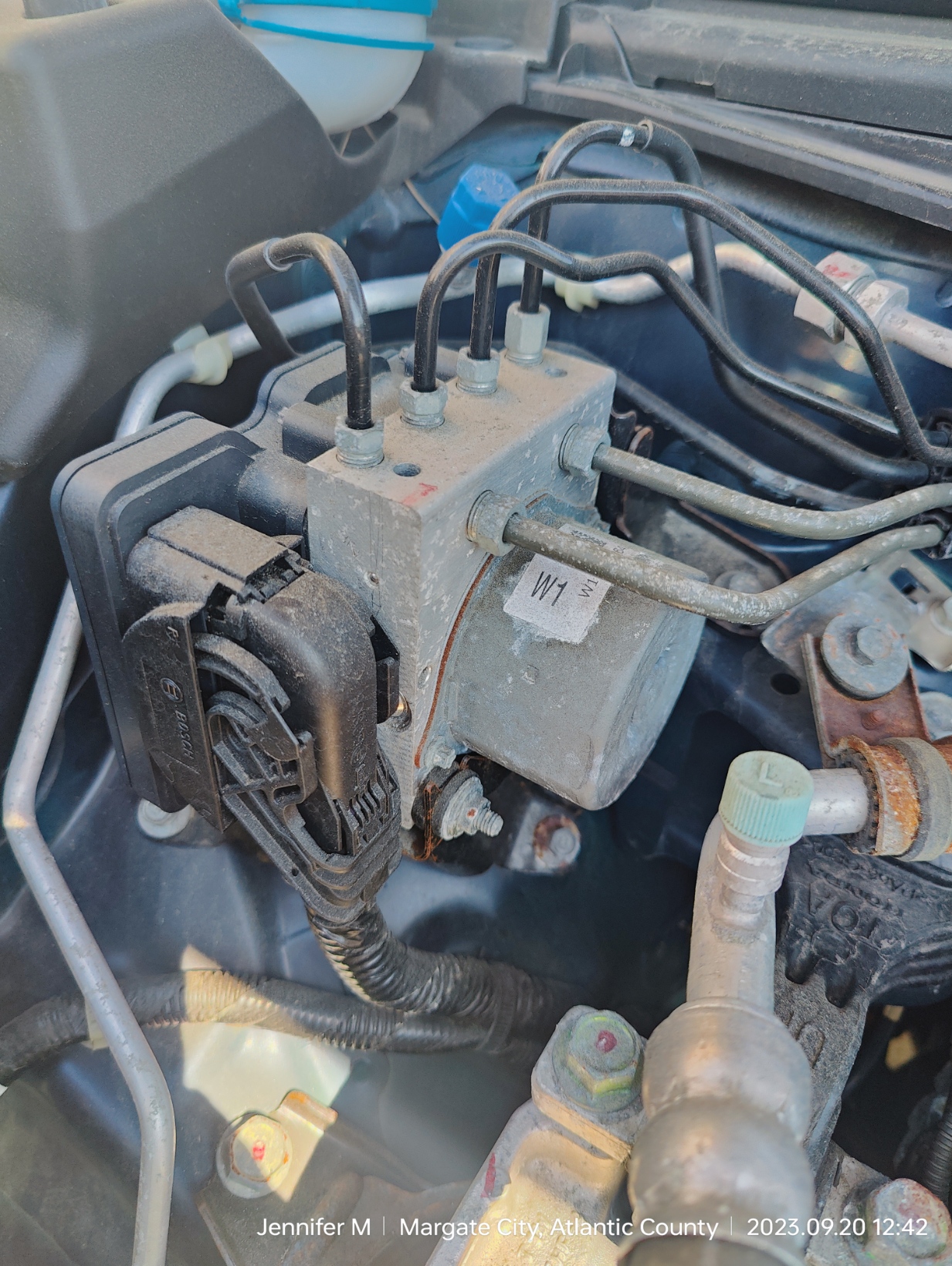Common Brake Issues.
If, when driving you feel like your brakes are ‘spongy’ or are no longer working correctly it is important to address the matter immediately. Brakes are used to stop your vehicle, and any hesitation or fault could be very dangerous. Here are some potential reasons for feeling like your brakes are ‘going’:
- Low Brake Fluid: If the brake fluid is low, it can affect the hydraulic system, making the brakes less effective. Check the brake fluid reservoir and top it off if necessary.
- Worn Brake Pads: If the brake pads are worn down, they may not grip the rotors effectively, leading to a feeling of reduced braking power. Brake pads work best when over 3mm. Also, ceramic brake pads work best. The downside to ceramic brake pads is that they are noisier.
- Warped Brake Rotors: Warped rotors can cause uneven braking and might make it feel like the brakes are not responding properly. They also cause a vibration.
- Air in the Brake Lines: If there is air in the brake lines, it can lead to a spongy feel in the brake pedal, reducing braking effectiveness.
- Brake Line Leaks: A leak in the brake lines can cause a loss of hydraulic pressure, resulting in no braking performance.
- Failed Brake Booster: If the brake booster isn't functioning properly, it can increase the effort needed to brake, making it feel like the vehicle isn’t stopping as it should.
- Faulty Master Cylinder: The master cylinder is crucial for generating the pressure needed for braking. If it fails, you may experience a complete loss of brakes.
- Corroded Brake lines: Corroded brake lines. Happens more around shore areas due to driving through salt water.
- Bad ABS pump- When the ABS light come on make sure to get it checked out immediately. Your brakes can just not work if the pump goes bad.
If you experience any of these issues, it’s essential to stop driving immediately and have your vehicle inspected by a qualified mechanic to ensure your safety and the safety of others on the road.
